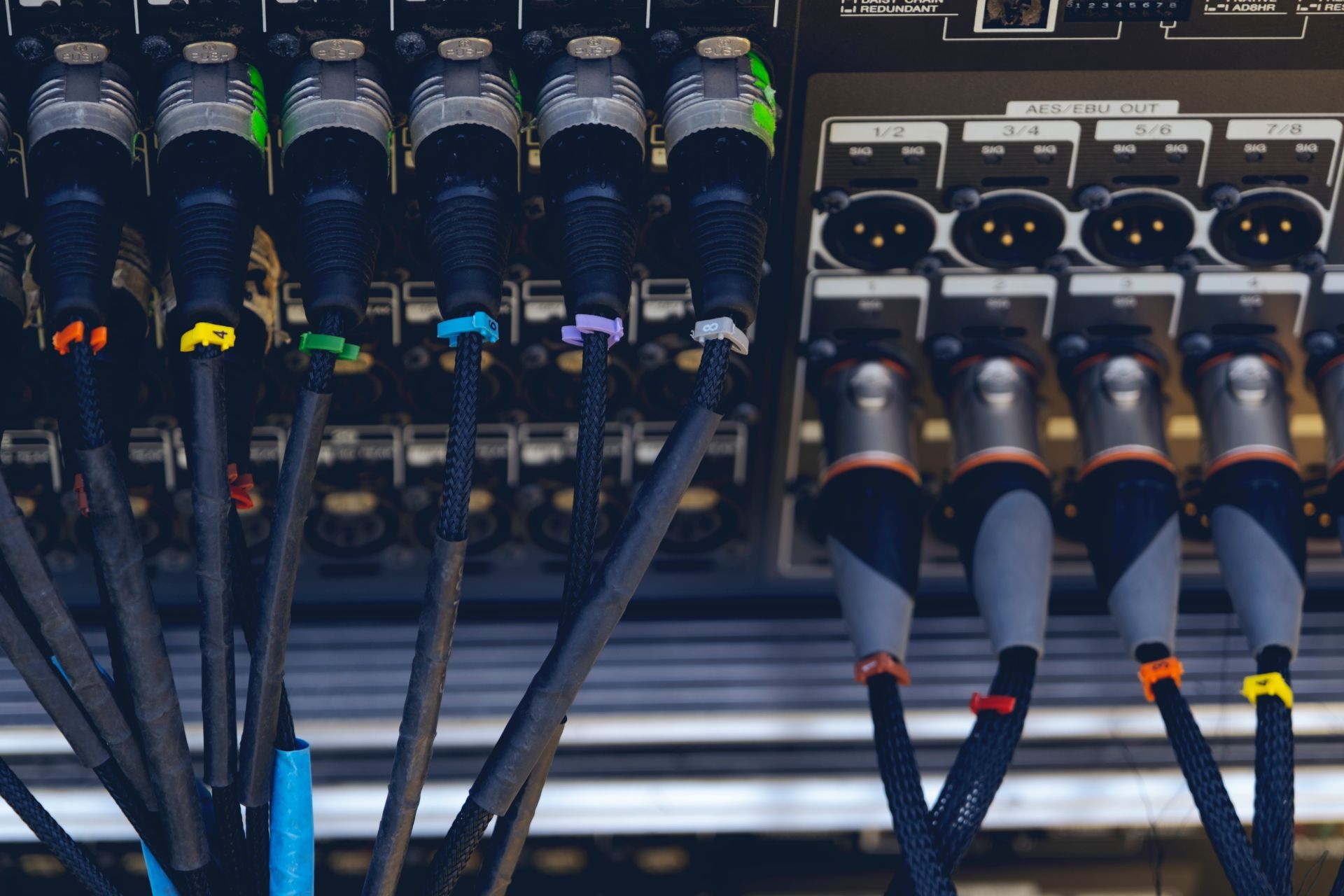

When it comes to stage monitoring systems for live theater performances, there are several top options to consider. One of the best systems is in-ear monitoring, which provides individual mixes for each performer through wireless earpieces. This allows actors and performers to hear themselves and other cast members clearly, without the need for bulky floor monitors. Another popular choice is personal monitor mixers, which give performers control over their own mix through a small mixer on stage. These systems often have features like EQ control and effects processing, allowing for a customized and high-quality monitoring experience.
Stage monitoring plays a crucial role in helping actors and performers hear themselves and other cast members on stage. By providing clear and accurate sound directly to the performers, it ensures that they can hear their own voices and cues, as well as the voices of their fellow actors. This is especially important in large theater venues where the natural acoustics may not be sufficient for clear communication. With stage monitoring, actors can adjust their volume levels and balance their mix to suit their individual needs, resulting in improved performances and overall cohesion on stage.
How-to export the license plate database to a CSV file on Viewtron LPR camera systems. The post License Plate Database Export for Viewtron LPR Camera System first appeared on Security Camera & Video Surveillance Blog.
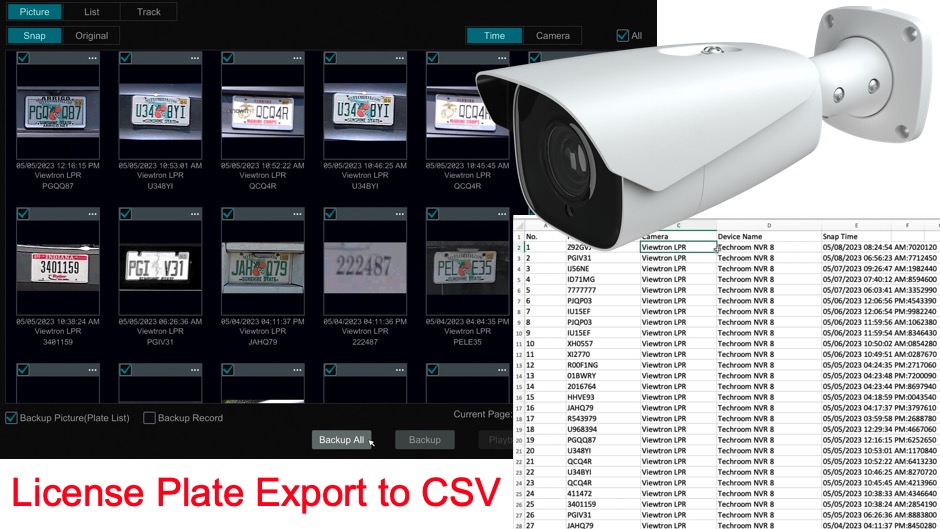
Posted by on 2023-05-08
Night time license plate recognition testing using a Viewtron LPR camera and NVR. The post LPR Camera Night Time License Plate Recongition first appeared on Security Camera & Video Surveillance Blog.
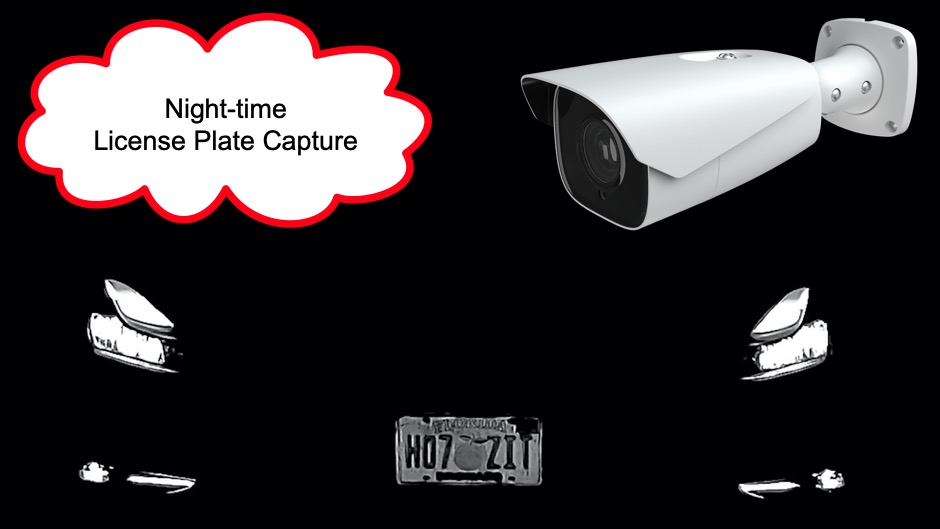
Posted by on 2023-04-17
Check out this video of our Viewtron license plate reader camera capturing plates in the rain. The post Can a License Plate Reader Camera Work in the Rain? first appeared on Security Camera & Video Surveillance Blog.
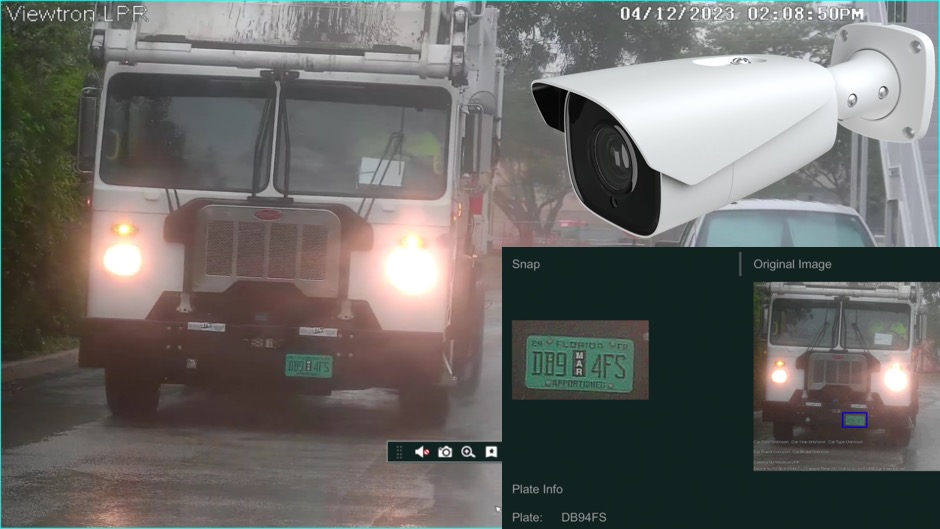
Posted by on 2023-04-13
Search & Playback AI and Motion Detection Events w/ Viewtron CMS DVR Software. The post CMS DVR Software Search, Playback & Backup AI Motion Events first appeared on Security Camera & Video Surveillance Blog.
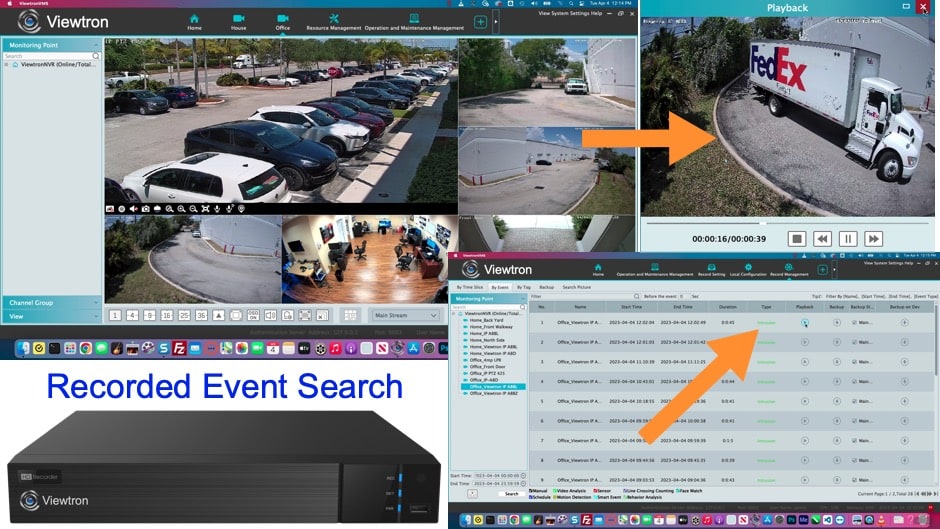
Posted by on 2023-04-05
Check out the spot monitor for IP cameras function of our 32ch NVR. The post Spot Monitor for IP Cameras on 32 Channel NVR first appeared on Security Camera & Video Surveillance Blog.
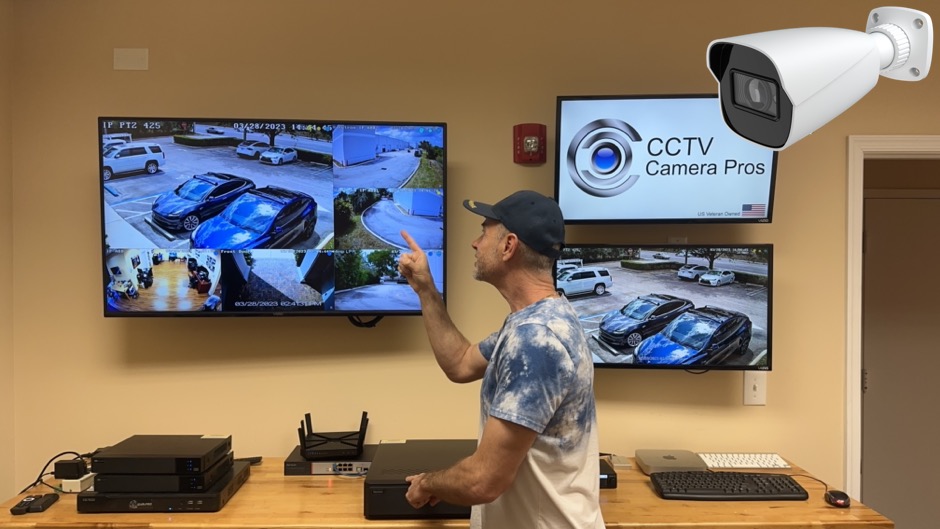
Posted by on 2023-03-28
When choosing a stage monitoring system for a theater production, there are several key features to consider. Firstly, the system should offer high-quality sound reproduction, with clear and accurate audio. It should also provide flexibility in terms of individual mix control, allowing performers to adjust their own levels and balance. Wireless capabilities are also important, as they provide mobility and freedom of movement on stage. Additionally, the system should have reliable connectivity and low latency to ensure seamless communication between the sound engineer and performers. Finally, durability and ease of use are important factors to consider, as the system will need to withstand the demands of live performances and be user-friendly for both the sound engineer and performers.
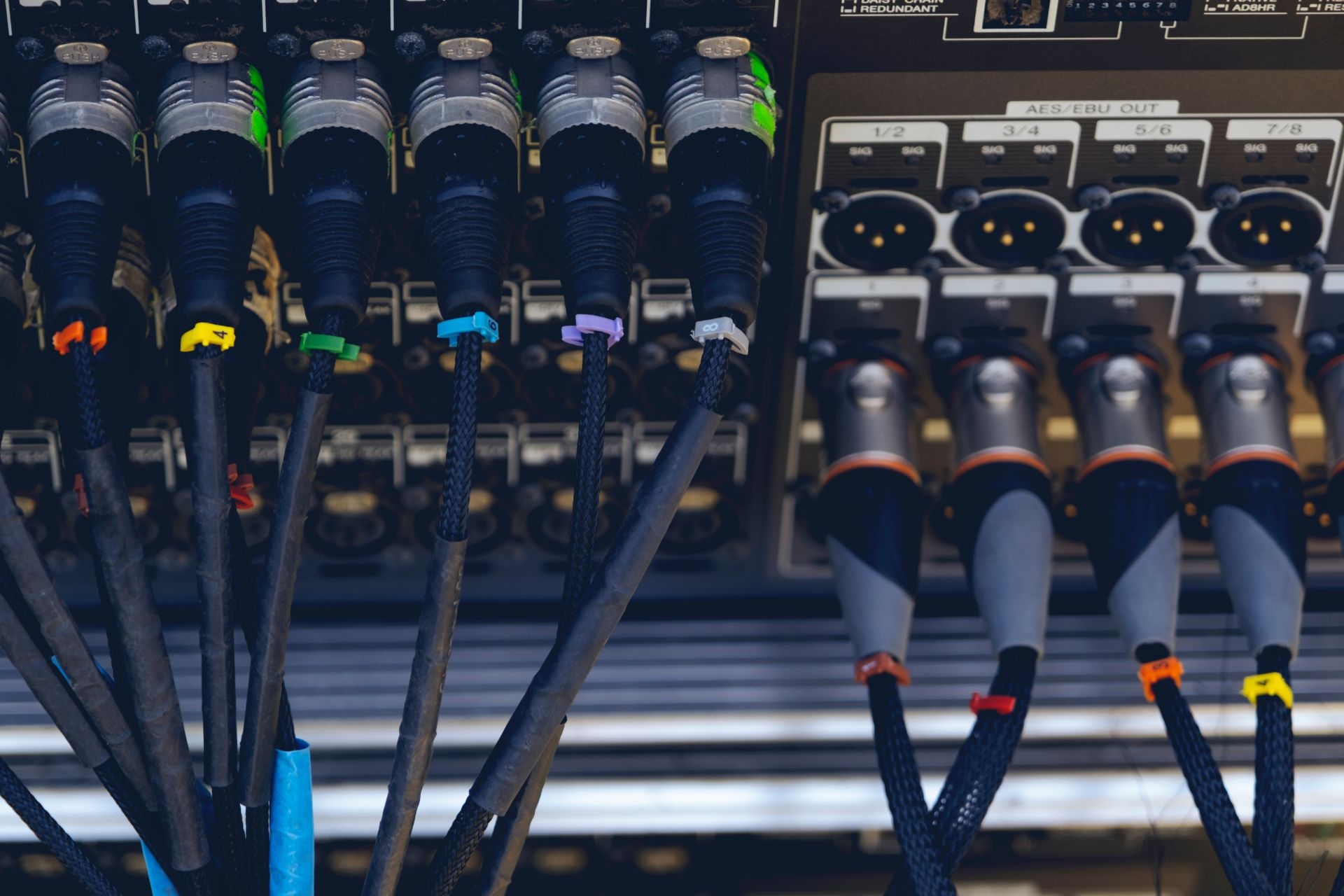
Stage monitoring contributes significantly to the overall sound quality and balance in a theater production. By providing individual mixes for each performer, it ensures that everyone can hear themselves and other cast members clearly, regardless of their position on stage. This helps to prevent issues such as actors speaking too loudly or missing cues due to inadequate monitoring. With a well-designed stage monitoring system, the sound engineer can fine-tune the mix to achieve optimal balance and blend between the performers, resulting in a cohesive and immersive sound experience for the audience. It also allows for adjustments to be made in real-time, ensuring that any issues or imbalances can be quickly addressed during rehearsals or performances.
Wireless stage monitoring systems offer significant benefits in terms of mobility and flexibility for performers on stage. With wireless systems, performers are not tethered to a specific location on stage and can move freely without being restricted by cables. This allows for more dynamic performances and enables performers to interact with each other and the audience more effectively. Wireless systems also eliminate the risk of tripping over cables or accidentally disconnecting from the monitoring system. Additionally, wireless systems can be easily adjusted and fine-tuned during rehearsals or performances, as there is no need to physically move or reposition cables. This saves time and allows for more efficient sound checks and adjustments.
CCTV Security Camera Placement Strategies for Commercial Properties
The sound engineer plays a crucial role in setting up and managing stage monitoring for a theater production. They are responsible for selecting and configuring the appropriate monitoring system based on the specific needs of the production. This includes setting up the necessary equipment, such as wireless transmitters and receivers, and ensuring reliable connectivity and signal quality. The sound engineer also works closely with the performers to understand their individual monitoring requirements and adjusts the mix accordingly. During rehearsals and performances, the sound engineer monitors the sound levels and quality, making real-time adjustments as needed to maintain optimal monitoring for the performers. They also troubleshoot any technical issues that may arise, such as interference or signal dropouts, to ensure a seamless and uninterrupted monitoring experience for the cast.
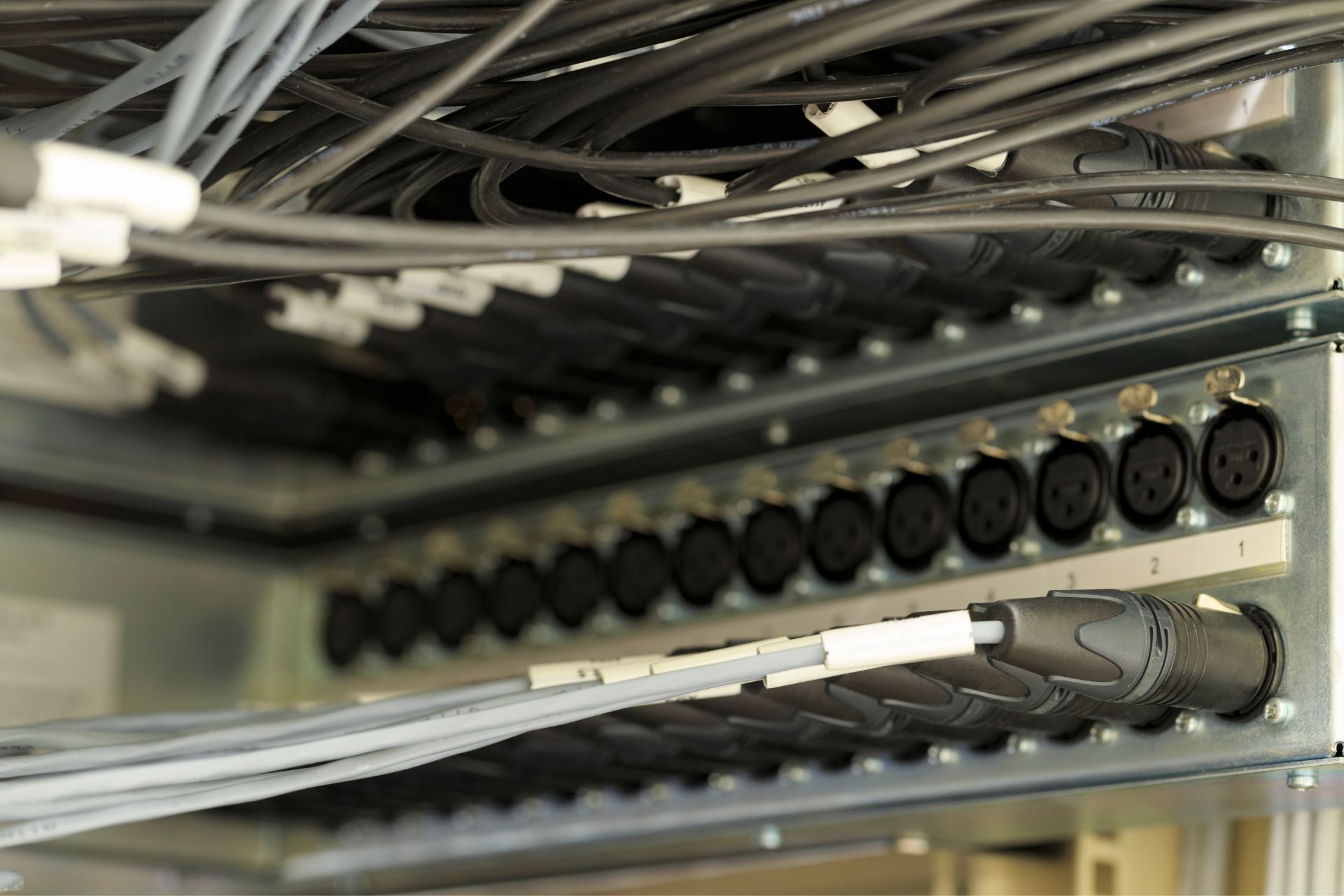
When it comes to ensuring the security of property perimeter walls, there are several important measures that should be in place. Firstly, installing a robust and sturdy fence is crucial. This could include options such as chain-link fences, wrought iron fences, or even high-security electric fences. Additionally, implementing effective surveillance systems, such as CCTV cameras and motion sensors, can help monitor any suspicious activities around the perimeter. It is also advisable to have proper lighting in place, as well as clear signage indicating the presence of security measures. Another important aspect is the use of access control systems, such as gates with keypads, card readers, or biometric scanners, to restrict unauthorized entry. Regular maintenance and inspection of the perimeter walls are also essential to identify and address any vulnerabilities or damages promptly. By implementing these comprehensive security measures, property owners can significantly enhance the protection of their perimeter walls and deter potential intruders.
Security measures for cash advance counters should include the installation of surveillance cameras, panic buttons, and bulletproof glass to deter and prevent potential robberies. Additionally, employing security guards, implementing strict access control measures, and conducting regular security audits can help ensure the safety and security of the cash advance counter. It is also important to train staff on robbery prevention and response protocols, as well as to have a reliable alarm system in place. Utilizing cash management systems and cash tracking technology can further enhance security by minimizing the amount of cash on hand and providing a means to trace any missing funds. Overall, a comprehensive approach to security, including physical, personnel, and technological measures, is essential for protecting cash advance counters from potential threats.